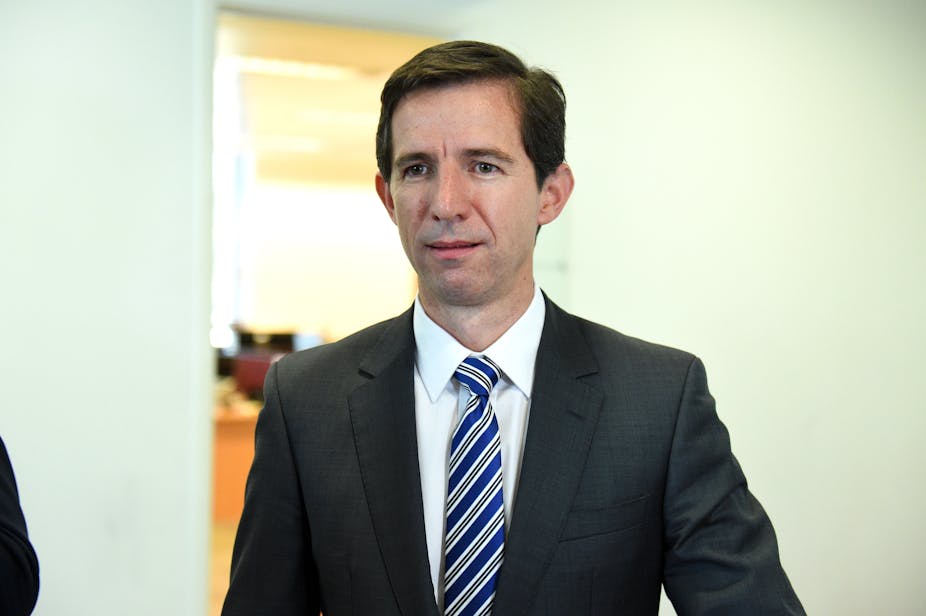With the higher education sector still in limbo about the government’s plans for it, Universities Australia (UA) is calling for certainty and warning of the damage done by the current vacuum.
The peak body’s chair, Barney Glover, will warn in a speech on Wednesday: “Almost two years of policy insecurity and uncertainty is taking its toll on the ability of universities to plan and allocate resources in their students’ best interests. It is difficult to imagine any other industry tolerating such policy instability.”
The government had to retreat from its plan, advanced by former education minister Christopher Pyne, to deregulate university fees when it could not secure Senate support. Current minister Simon Birmingham has been consulting extensively on a replacement policy, but has not yet announced one. The sector will be hoping he will use this week’s UA conference to indicate some directions.
Addressing the National Press Club, Glover will point out that higher education is the majority contributor to Australia’s third largest export industry, the cornerstone of Australia’s innovation future, and a A$140 billion contributor to the economy in 2014.
With the election approaching he will urge both sides to lay out their policies and engage in a sophisticated public debate on how to deliver long term sustainability and stability.
Labor already has a higher education policy out although UA wants more detail.
Glover will also urge that the review underway into the R&D tax incentive ensures the annual $2.9 billion tax break drives stronger rates of research partnerships between business and public research bodies such as universities.
He will argue that increasing the number of these joint research partnerships would deliver broad benefits to the wider economy as well as the direct benefits to the firm involved.
“Beyond tax incentives, Australia needs to consider seriously whether we have the balance between direct and indirect support for innovation right. In international terms, we have an unusually high reliance on tax-based support. This is an important part of innovation, but it can’t do everything,” he says in his speech.
“Direct funding can better target high growth sectors and policy goals, such as greater collaboration, and can be more effective for small businesses and start-ups.”

